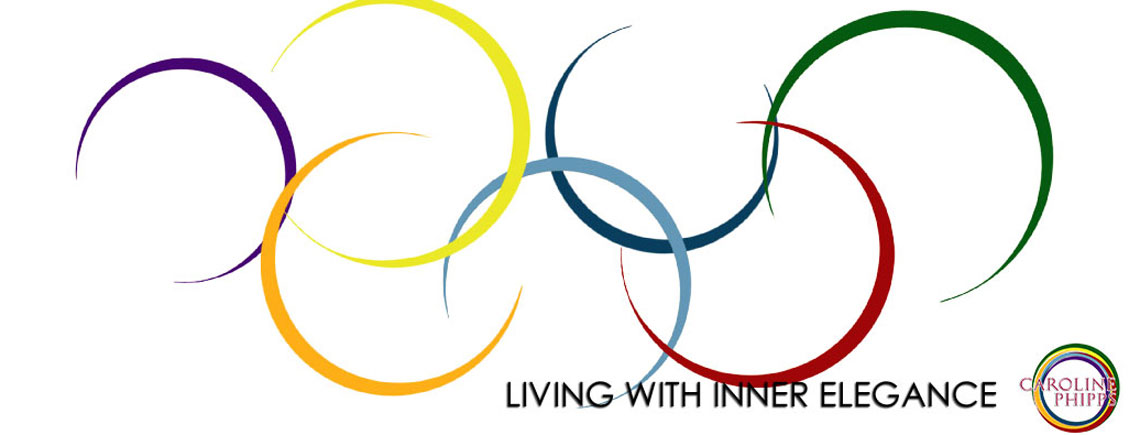Bend or Break
How Flexible Are You?
“You're aching, you're breaking
And I can see the pain in your eyes
Says everybody's changing and I don't know why.”
Everybody’s Changing: Keane
Back in high school I was a pretty good athlete. I could run like the wind and play a mean game of tennis. But when it came to gymnastics, I was one hysterical mess of rigidity hopelessly clinging to the wall bars while my classmates tumbled through the air. Now, even when I’m aware of the importance of flexibility, it’s still a challenge. I even find downward dog yoga pose stressful!
The challenges of being flexible don’t just impact our bodies. Our ability to be flexible, emotionally and spiritually, also impacts our lives and our world in many ways. The stakes couldn’t be higher because how flexible we are is the difference between whether we will break or simply bend and rise again when change is as rapid as it is today.
Yet I don’t think I’m alone in finding flexibility challenging. Fear of the unknown has enormous power to create increasing inflexibility if we’re not paying attention. When we don’t like what we see, when outcomes are uncertain, when nothing appears to make sense it feels safer to cling to our wall bars than let go and be in the flow of “what is”. As a result there are increasing signs of rigidity and lack of compromise everywhere. The more we need to create flexible positions, consensus and openness, the more entrenched and static we become.
Nature perfectly shows us that rigidity provides only the illusion of strength and security. The only certainty is that the winds of change will either bend us like trees or break us into bits like a rigid structure in the path of a hurricane. To adapt successfully to our rapidly changing world we need to be flexible.
A good place to start is with our bodies; they often show the most obvious signs of resistance to change by mirroring our psychological and spiritual state. The more uncertain we feel, the more we cling to what is familiar further entrenching us in physical, mental and spiritual patterns. Meanwhile every one of our thousand daily thoughts floods our bodies with rising tension, increasing rigidity everywhere from joints to arteries to attitude.
Rapid change inevitably creates tension. The good news is that tension can be turned into a positive force if we can embrace the necessary flexibility needed to adjust, refine and redirect our lives in multiple ways. For example, when plans suddenly change (which they will) don’t waste energy resisting, reroute your effort into adapting and problem solving.
Keep in mind you’re never going to be able to control everything, so be flexible and find your most effective way through acceptance and detachment from the outcome.
When others aren’t doing what you want or are sucking you into their pain-filled drama, be flexible enough to understand it for what it is. Be empathetic but don’t get entangled. Concentrate on your own journey and your own flexibility.
Adapting to change is demands much. Flexibility will be a vital part of our proactive resilience going forward as we come together to co-create the kind of world we want - a world deeply rooted in the fertile soil of loving connectivity, kindness and empathy. Like trees we weather disruption and chaos with more resilience when we have deep roots in fertile soil. For without depth, we can be ripped apart, up-rooted by dark forces that tap into our fears.
Recent studies show that, rather than compete for resources, trees actively support one another by regulating the flow of water and nutrients through their connective root systems. With love and kindness we can do the same for one another. So when you feel in danger of breaking, remember the deep-rooted trees. You also have the resilience and support needed not to break but to bend and rise again.


